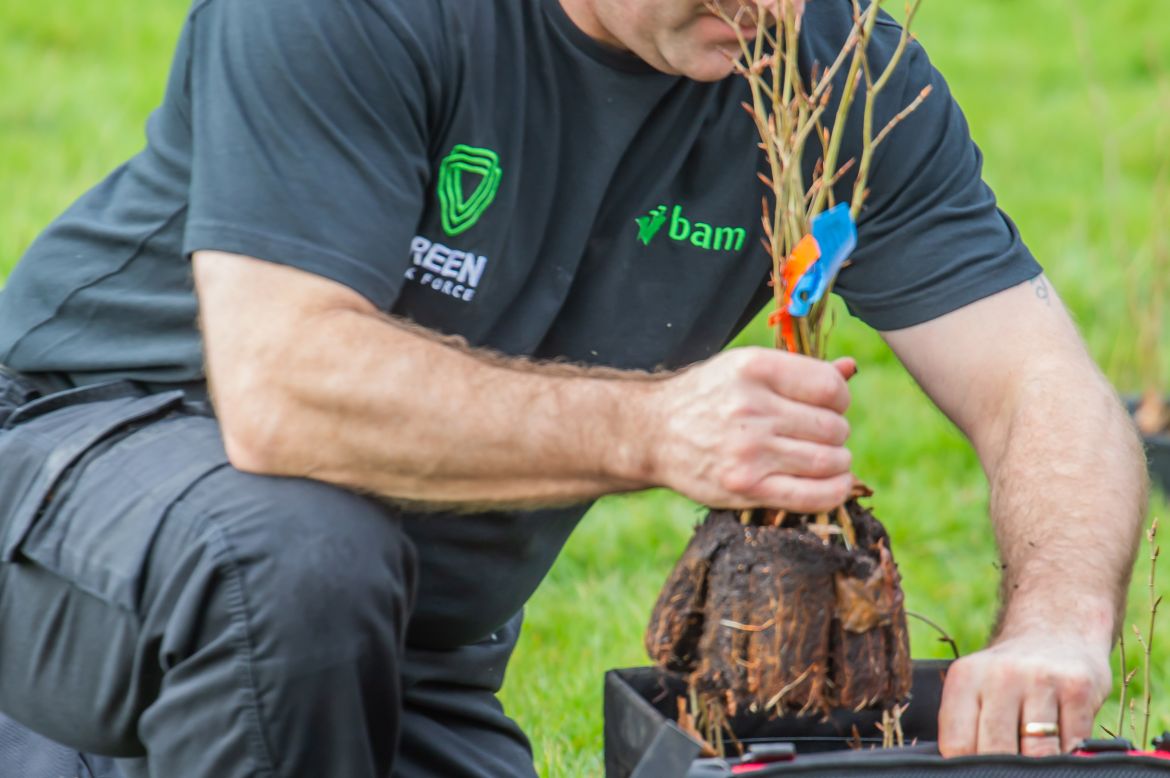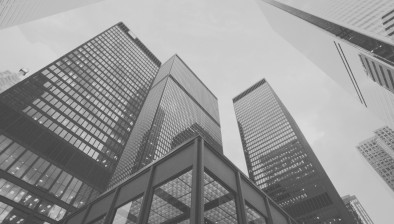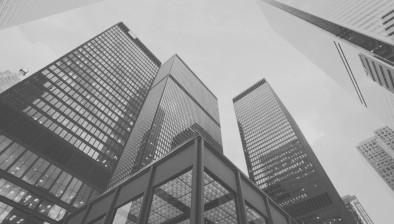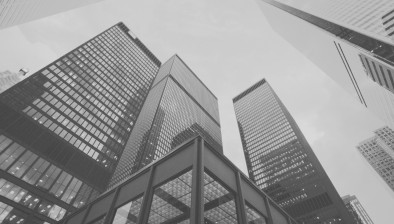BAM exceeds five-year carbon reductions targets
BAM Construct UK has said it made significantly more progress in reducing carbon against its longstanding targets than envisaged, despite the effect of the current pandemic.

Across Europe, BAM planted 150,000 trees in 2019 to mark its 150th year of business
Using 2015 as a baseline, BAM set a five-year target to reduce emissions by 25%.
During 2020, the pandemic had a positive impact on carbon reductions, with emissions reduced by 45% compared with 2015.
BAM’s longer-term target in 2015 was to go on to reduce emissions by 50% by 2030. This has now been replaced by a commitment to be set zero by then or before.
Jesse Putzel, BAM’s head of sustainability, said: “By 2019, we had reduced emissions by 34%, which is a significant outperformance. We were among the first to have targets approved by the Science Based Targets Initiative.
“We achieved the majority of these significant carbon reductions from improving efficiencies like reducing energy and fuel use, not through offsetting our impacts.”
BAM is one of the few signatories in the construction industry to the World Green Building Council’s Net Zero Carbon Buildings Commitment. The company has agreed to be independently audited on progress, publicly reporting on performance, and actively influence its clients and wider stakeholders to also achieve net zero.
BAM and its partners were able to minimise embodied carbon at a major London office scheme to such an extent that the as-built carbon savings (10,000 tCO2e) were greater than the whole of BAM’s carbon footprint. At Kings Cross Sports Centre BAM has just delivered a net zero in construction project.
BAM also chose to measure as-built carbon on a new primary school in Bristol and is developing a zero carbon version of this. It is carrying out work on a Department for Education pathfinder net zero project, to inform its school building, and is behind the world’s most sustainable studios, for Sky, being built in Hertfordshire.
The company’s track record includes some of the UK’s most sustainable buildings, including net-zero education buildings such as the PassivHaus net zero Montgomery School in Exeter and the Co-operative Group’s HQ in Manchester, a building designed to be carbon negative. Across the group BAM is currently creating net zero hospitals and net-zero and energy neutral housing.























